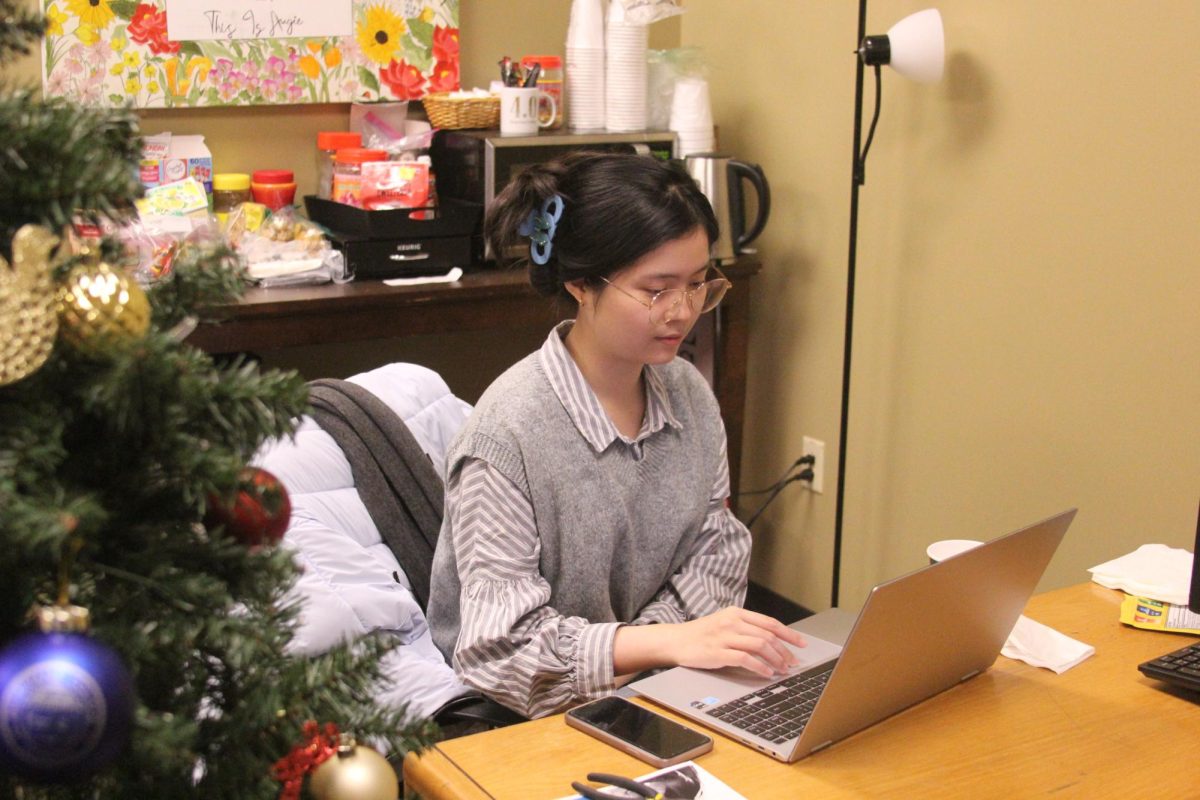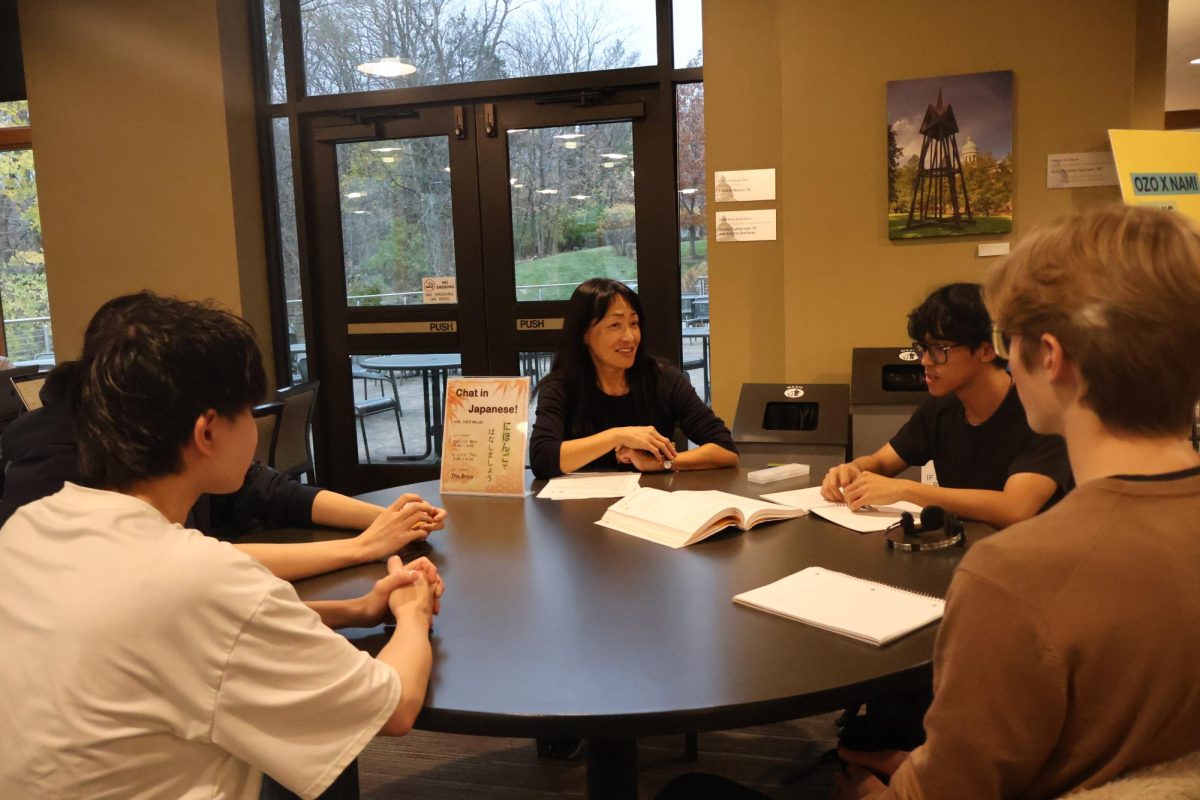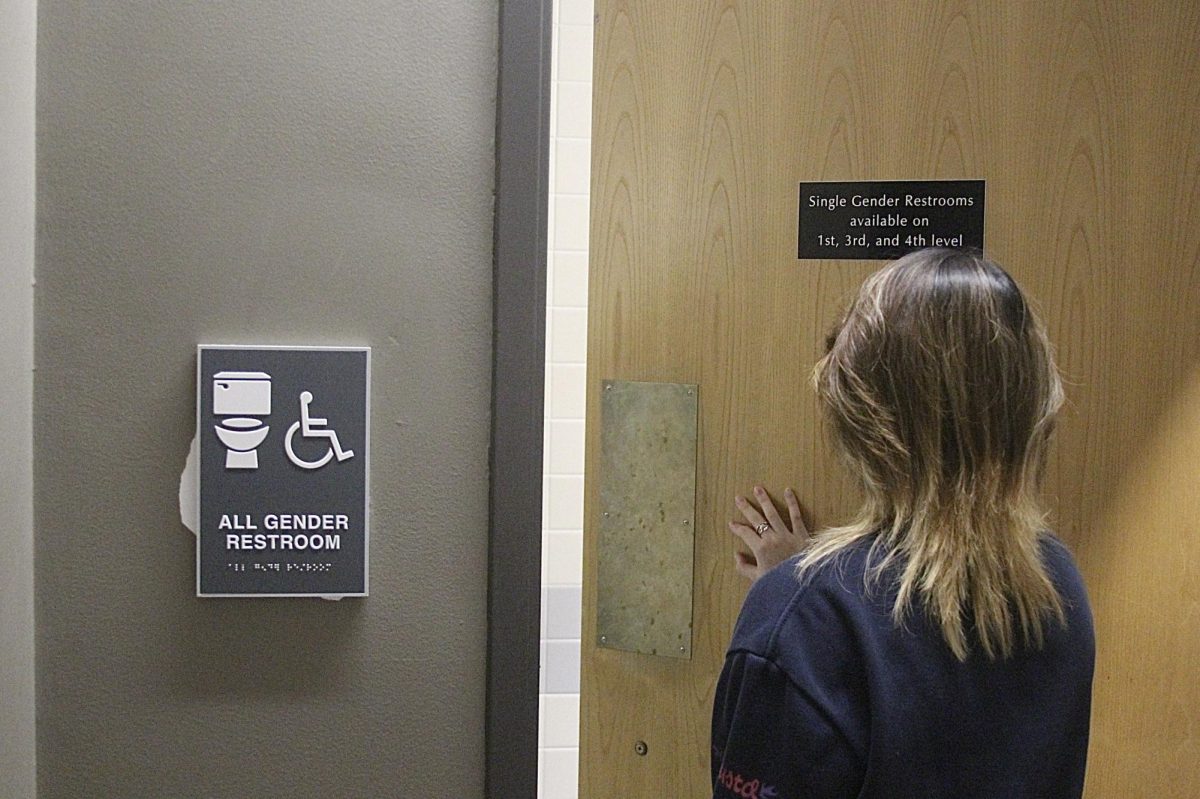On a college campus, the only thing more constant than tests and caffeine runs is the buzz of notifications: texts, Snaps, endless TikToks and never-ending emails. Screens have become the ideal third roommate, always hanging out, demanding attention and even influencing your day. However, many students are discovering an antidote to this fast-paced, always-on lifestyle: a “digital detox.”
Yes, that’s right: shutting everything down. There will be no aimless scrolling, “just one more video” or “urgent” group chat notifications for a day or even a few hours. It may sound radical, but more and more students are discovering that a vacation from digital life can be unexpectedly refreshing. From regaining concentration and reducing stress to creating real-life relationships, college students worldwide should take a vacation from their screens.
We’ve all felt that incessant buzzing — every ping, every little red dot, every demand for your attention. Social networking may appear to be a harmless pastime, but it is actually a stressor,and college students are at ground zero.
By stepping back and turning down the digital noise, students may achieve a degree of focus that is almost mythological these days. Consider this scenario: You’re studying for a history lesson or working on a challenging math problem, and there’s quiet. There is no phone buzzing in the background and no distractions tugging you in a hundred different directions. For many students, the silence is an instant stress relief, providing them with a sense of tranquility they had no idea they lacked.
Being continuously connected might feel like running an endless sprint against something which doesn’t really exist. Social media, for example, is full of flawlessly groomed lives, which might make students feel like they’re slipping behind. But, if no one is checking in, who is keeping score?
Unplugging from social media interrupts the comparison loop, allowing students to focus on their objectives and priorities without being influenced by others’ highlight reels. It’s like pushing the reset button on your mental health, allowing for self-reflection, tranquility and maybe even an increase in confidence.
Aside from mental clarity, abstaining from screens can lead to healthier physical habits. Improved sleep, more physical exercise and less blue-lit devices before bed all contribute to a healthier, happier mind and body.
When was the last time you engaged in a conversation without checking your phone? In a technologically saturated college world, true conversations where everyone is paying attention are rare, if not extinct. However, when students opt to go screen-free, they frequently realize how gratifying it is to engage with others in person.
These in-person connections not only help build friendships but can serve as a reminder that relationships don’t need a Wi-Fi signal to be meaningful. Sometimes, the best way to stay connected is to disconnect.
A detox is a simple step, but the benefits — mental clarity, focus, improved sleep and stronger relationships — can be life-changing. The most important lesson a digital detox can teach students is that stepping away from devices allows you to truly engage in life. Who knows what great things will happen when the screen goes away and real life returns to focus?





































































































